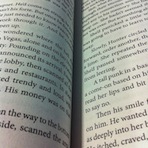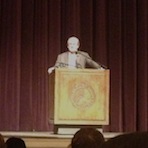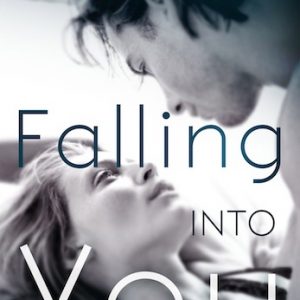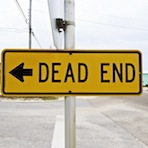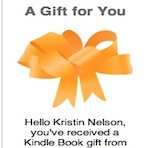To kick off 2015, here are my three (hopefully) inspiring thoughts for writers:
1. I recently had a discussion with a writer who had convinced herself that she was a middle-grade author. But when she wrote a young-adult novel, suddenly, that’s when she discovered her voice, the story worked, and she received multiple offers of representation.
If a genre or a project isn’t working, don’t be afraid to experiment with something totally new and outside of what you thought you’d write as an author. You might just discover magic!
2. Lately I’ve read a lot of really nicely written sample pages. I didn’t often ask for a full, but that’s not because these authors didn’t have talent. I just didn’t think it was the right story for this moment in time in terms of the market.
Don’t get caught writing and revising one story. I can name ten of my current clients whose first novel was rejected by me but whom I took on for a later project. Like my father used to say about love, it’s often about timing. I didn’t want to hear it when I was twenty-four, but he was right. And an author’s career is often about the right story at exactly the right time.
Keep writing!
3. Never stop learning. There is always something new to be found that will take your writing to the next level—a level you didn’t even know was possible to achieve. And that might be the moment you are discovered.
Have an amazing 2015!



